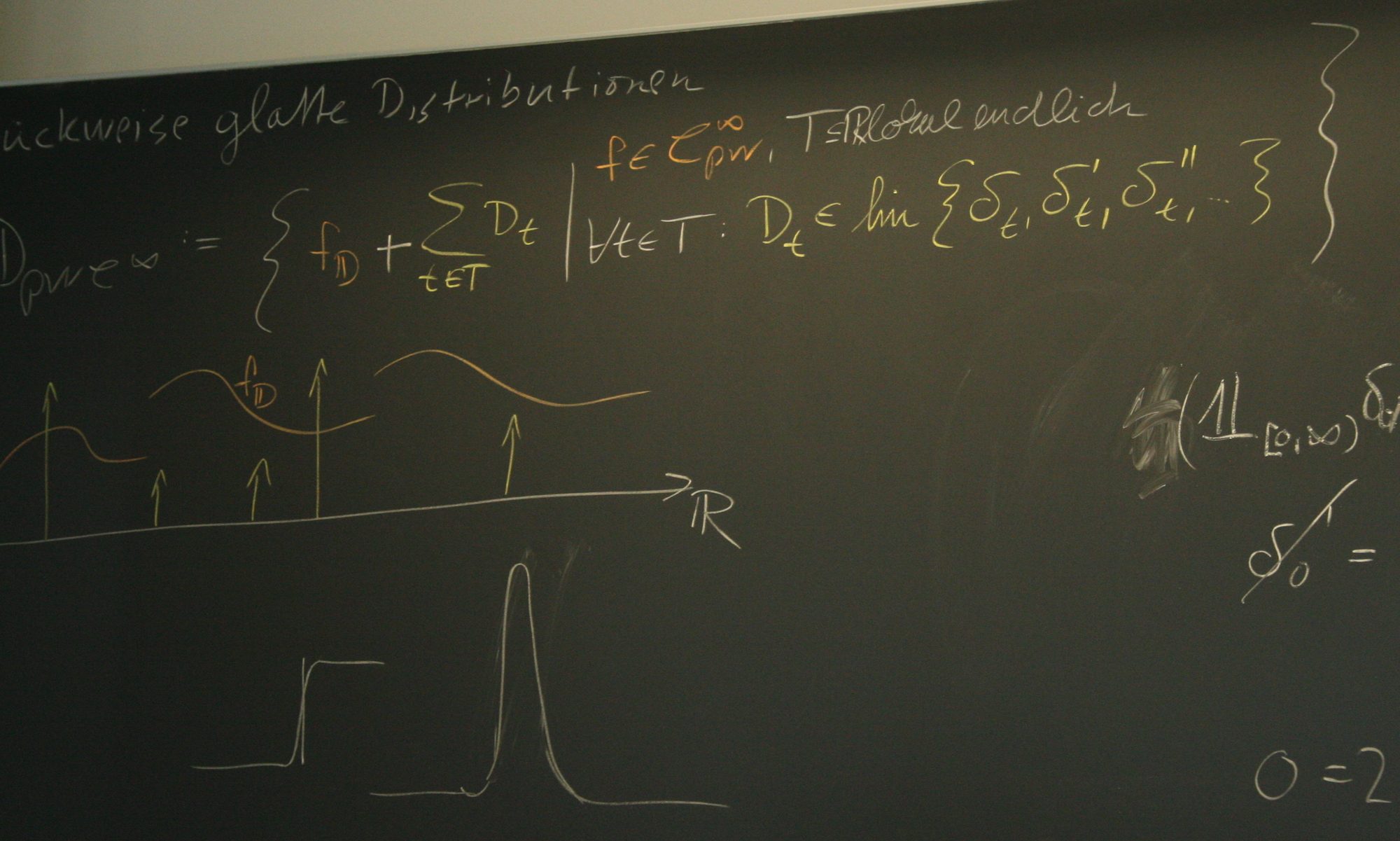Iervolino, Raffaele; Trenn, Stephan; Vasca, Francesco Asymptotic stability of piecewise affine systems with Filippov solutions via discontinuous piecewise Lyapunov functions Journal Article In: IEEE Transactions on Automatic Control, vol. 66, no. 4, pp. 1513-1528, 2021. @article{IervTren21,
title = {Asymptotic stability of piecewise affine systems with Filippov solutions via discontinuous piecewise Lyapunov functions},
author = {Raffaele Iervolino and Stephan Trenn and Francesco Vasca},
url = {https://stephantrenn.net/wp-content/uploads/2020/02/Preprint-ITV200204.pdf, Preprint},
doi = {10.1109/TAC.2020.2996597},
year = {2021},
date = {2021-04-01},
urldate = {2021-04-01},
journal = {IEEE Transactions on Automatic Control},
volume = {66},
number = {4},
pages = {1513-1528},
abstract = {Asymptotic stability of continuous-time piecewise affine systems defined over a polyhedral partition of the state space, with possible discontinuous vector field on the boundaries, is considered. In the first part of the paper the feasible Filippov solution concept is introduced by characterizing single-mode Caratheodory, sliding mode and forward Zeno behaviors. Then, a global asymptotic stability result through a (possibly discontinuous) piecewise Lyapunov function is presented. The sufficient conditions are based on pointwise classifications of the trajectories which allow the identification of crossing, unreachable and Caratheodory boundaries. It is shown that the sign and jump conditions of the stability theorem can be expressed in terms of linear matrix inequalities by particularizing to piecewise quadratic Lyapunov functions and using the cone-copositivity approach. Several examples illustrate the theoretical arguments and the effectiveness of the stability result.},
keywords = {},
pubstate = {published},
tppubtype = {article}
}
Asymptotic stability of continuous-time piecewise affine systems defined over a polyhedral partition of the state space, with possible discontinuous vector field on the boundaries, is considered. In the first part of the paper the feasible Filippov solution concept is introduced by characterizing single-mode Caratheodory, sliding mode and forward Zeno behaviors. Then, a global asymptotic stability result through a (possibly discontinuous) piecewise Lyapunov function is presented. The sufficient conditions are based on pointwise classifications of the trajectories which allow the identification of crossing, unreachable and Caratheodory boundaries. It is shown that the sign and jump conditions of the stability theorem can be expressed in terms of linear matrix inequalities by particularizing to piecewise quadratic Lyapunov functions and using the cone-copositivity approach. Several examples illustrate the theoretical arguments and the effectiveness of the stability result. |

